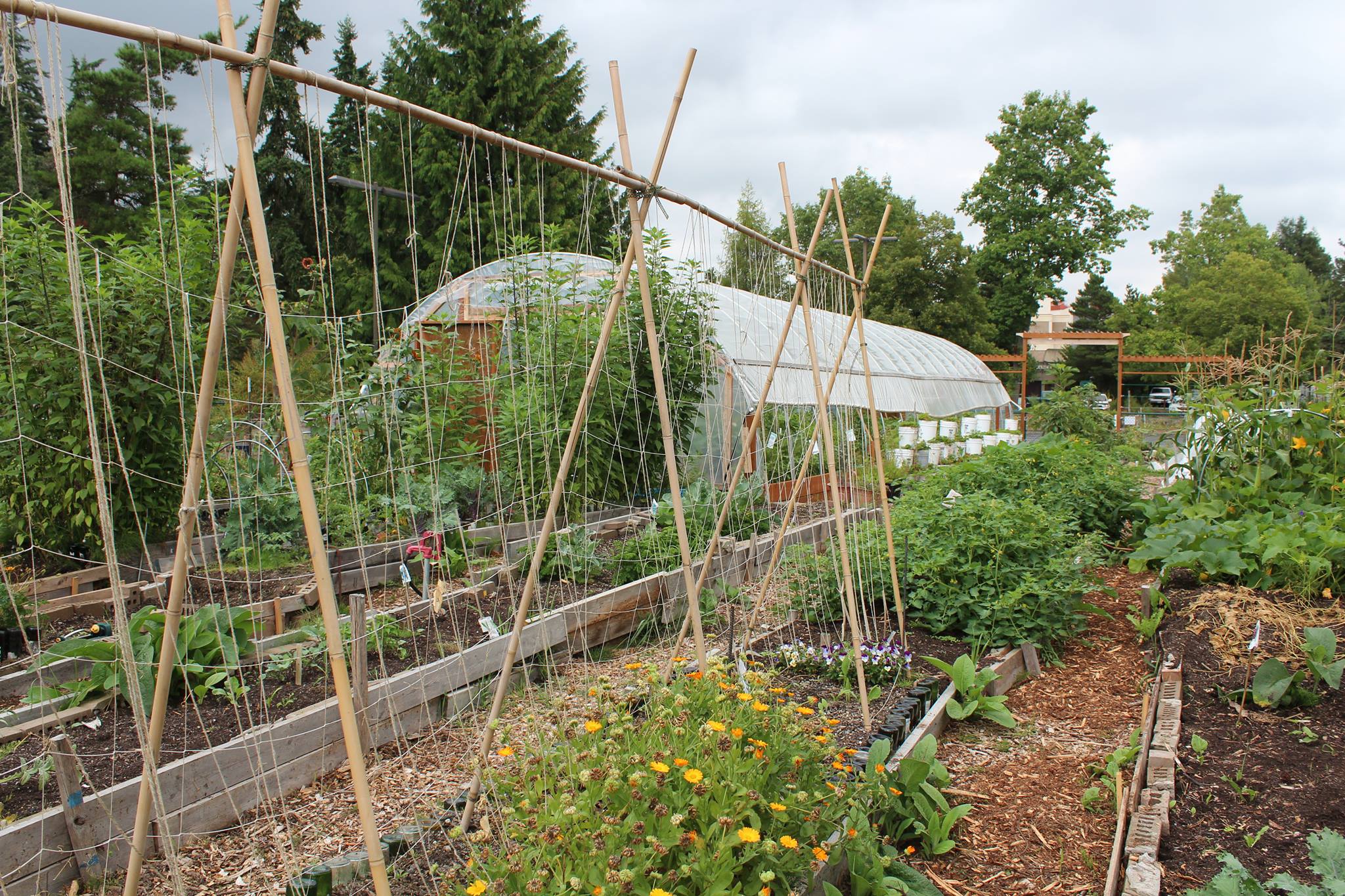Rooted in Resilience
Sustainable Agriculture Builds Resilience
Implementing sustainable agricultural practices builds resilience, in part because it helps protect the environment and strengthen food security. Sustainable practices specifically help to:
-
Preserve soil health: Practices such as crop rotations, cover crops, and the incorporation of organic matter into the soil help to maintiain soil health and productivity.
-
Promote biodiversity: Agrobiodiversity ensures a balanced ecosystem, creating a healthy environment where various crops and livestock can thrive, in part by reducing the risks of diseases and pests.
-
Manage water wisely: The efficient use of water resources will not only help minimize water waste but also maximize crop growth, yields and profits.
-
Secure our future food supply: With an ever-increasing global population, securing our food supply for future generations is critical. Sustainable farming systems prioritize long-term productivity over short-term yields.
-
Support farmer livelihoods: The transition to sustainable practices often results in reduced input costs and better farm-gate prices, and diversification leading to new crops and markets that can extend a farm's season.
-
Combat climate change: Sustainable farm practices play an essential role in reducing greenhouse gas emissions and sequestering carbon.
Gardens Build Community & Resilience
Gardens can showcase sustainable agricultural practices, promote healthy living, and foster environmental stewardship. They are dynamic, hands-on learning environments that deepen our understanding of ecological processes and foster personal well-being, while contributing to the health of our planet.
Gardens have a number of environmental benefits, for example:
- Strategically placed gardens can help cool cities, reducing the impacts of extreme heat.
- Gardens also contribute to reducing air and noise pollution.
- Gardens mitigate flooding by absorbing rainwater and slowing runoff.
- Gardens also support biodiversity by providing habitats for a range of wildlife.
But the impacts of gardens are more than just environmental. Gardens also support:
- Positive mental and physical health: Gardening is a great source of exercise and contributes to increased vegetable consumption. The connection to nature also contributes to reducing anxiety, depression, and stress.
- Increased food security: Gardens help expand access to fresh, healthy food at little cost.
- Community connections: Community gardens, by their nature, are spaces of engagement and cooperation. Social interactions in the garden lead to enhanced sense of community and belonging.
What Can You Do?
Are you ready to get your hands dirty, and start gardening? Below are a few resources to help you get started.
If you are looking for a place to start your garden, here are some resources to help connect you to a community garden in your area:
- Snohomish County Community Gardens list has more than 50 gardens across the county.
- You can also look for a garden in these areas:
Are you unsure of how to get started gardening? The WSU Extension program can help you get started! Here are a few resources:
- Home Vegetable Gardening in Washington (Home Garden Series)
- Gardening Tips Sheets
- And, events like their Growing Groceries workshops which happen once a month, online. Check out the event schedule.
If you don't have a plot, you can do a lot in a pot! Gardening can happen indoors or on a balcony. Check out these tips for getting started:
- WSU Extension Tip Sheet #6: Container Gardening
- WSU Extension Tip Sheet #15: House Plants
- You can grow food indoors too! Check out this page from Fox Run Environmental Education Center on Indoor Food Gardening: Growing Vegetables and Fruits In An Apartment.
Want to work in the garden without all the responsibility of running a garden? You can volunteer at the Edmonds Campus Community Farm!


